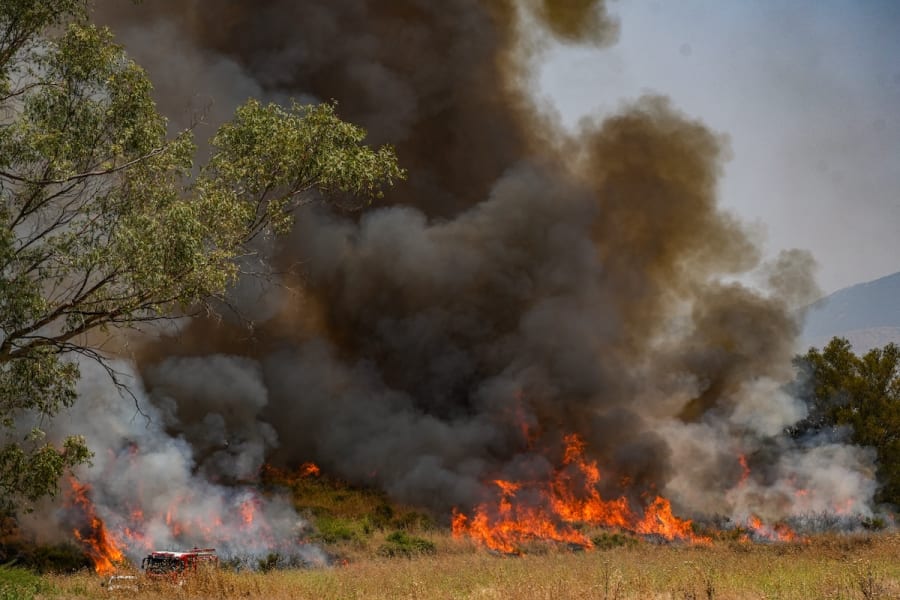US concerned conflict on Israel's northern border could inflame region after increased Hezbollah aggression
Senior envoy Hochstein to arrive in Israel on Monday, making nother visit to region in attempt to reduce tensions

As tensions between Hezbollah forces and Israel continue to escalate across the Lebanese border, U.S. President Joe Biden will reportedly send senior advisor and Middle East envoy, Amos Hochstein, for another round of talks aimed at preventing the situation from deteriorating into an all-out war.
Hochstein is expected to arrive in Israel on Monday, where he will meet with Prime Minister Benjamin Netanyahu and Defense Minister Yoav Gallant to discuss de-escalating the growing tit-for-tat cross-border conflict.
According to a report in Axios, Hochstein is seeking to prevent a “limited ground invasion” of southern Lebanon by the IDF.
Hochstein is also expected to visit Beirut for talks with Lebanese officials.
Last week, Hezbollah launched over 400 projectiles at Israel, sparking brush fires across Israel’s northern border communities. Israel has also struggled to defend against Hezbollah’s use of small, cheap drones, which are difficult to detect and neutralize.
Gallant spoke with U.S Secretary of Defense Lloyd Austin last week, where the two discussed attempts to “de-escalate tensions along the Israel-Lebanon border in the wake of Lebanese Hezbollah’s increased aggression,” according to a Pentagon statement released after the phone call.
Following the call, a Pentagon deputy spokesperson stated, “We are concerned about an increase in activity in the north. We don’t want this to escalate to a broad regional conflict and we urge de-escalation.”
On Friday, U.S. officials told CBS News that the Biden administration is concerned that the conflict between the IDF and Hezbollah could turn into a regional conflict, potentially drawing in U.S. forces.
With the IDF striking deeper into Lebanon, as well as targeting several high-level Hezbollah officials, and the terror group retaliating with increased rocket and projectile barrages, U.S. officials fear the situation could flare up into an all-out war.
Former IDF officer, Avi Melamed, recently told the Daily Express that the “growing crossfire” could lead to a larger conflagration.
"Despite ever-growing international fears that Israel and Hezbollah are on the cusp of all-out war along Israel's northern borders, both sides have kept to their guiding lines in the ever-escalating exchange of crossfire,” he said.
According to Melamed, both Israel and Hezbollah have “shown restraint” in their targeting of attacks and strikes, however, he warned, "Despite both Israel and Hezbollah's efforts to mitigate the risk of an all-out war, the dangerous reality is that the growing crossfire could very well trigger the collision both seek to avoid."
Last week’s increased cross-border fire followed the killing of Taleb Abdullah, commander of Hezbollah's Nasr Unit. There was another massive barrage of projectiles after an overnight airstrike in Lebanon hit a Hezbollah headquarters in Jannata. The IDF did not take responsibility for the airstrike, however, it is widely believed to have been an Israeli operation.

The All Israel News Staff is a team of journalists in Israel.













